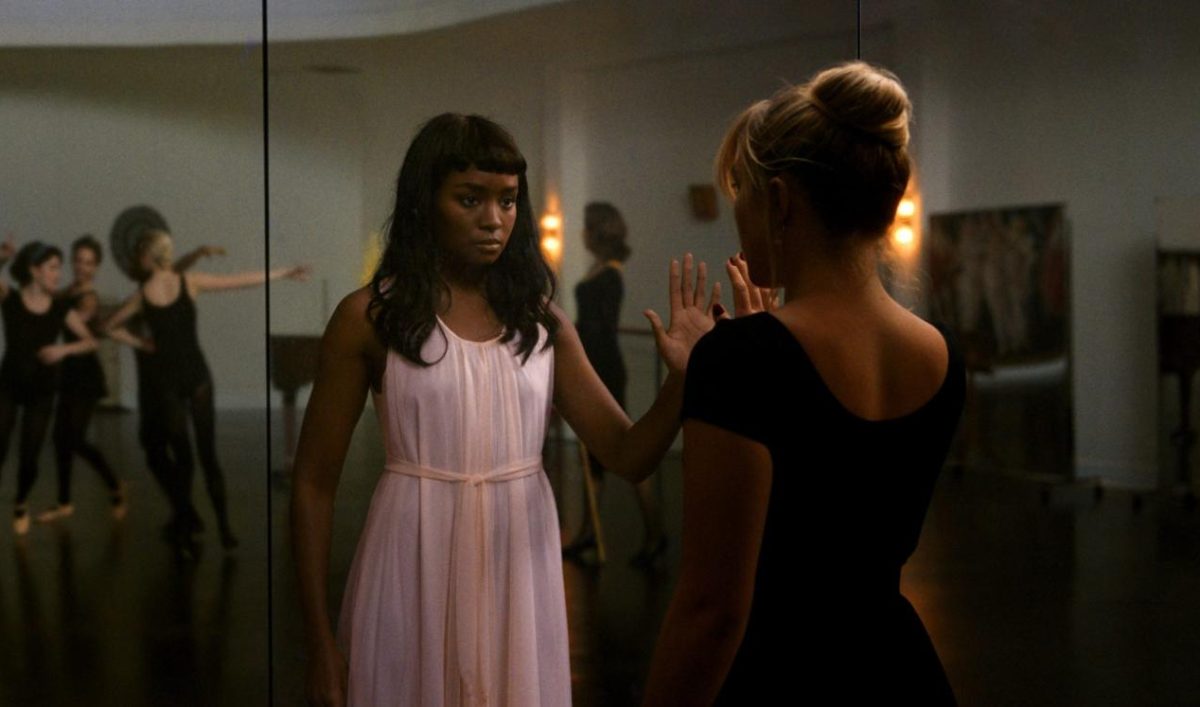Olivia Wilde’s “Don’t Worry Darling”: Just Cliche or More Than OK?
Picture this: you’re a housewife in blissful 1950s Palm Springs, and life is nothing short of perfect. You spend your days shopping, relaxing, and spending time with your flawless husband when he comes home from work. What could ever go wrong when life looks like this? Well, in the case of “Don’t Worry Darling”, it seems anything and everything can ruin life as we know it.
Despite a tumultuous promotional tour, a love triangle, some ruinous reviews from critics, and a less-than-stellar Rotten Tomatoes score, Olivia Wilde’s “Don’t Worry Darling” still managed to top the domestic box office in its opening weekend, grossing over $19 million. The allure of the film differs depending on who you ask. Much of the hype for the movie came from avid Harry Styles fans, interested to see Styles in a movie directed by his controversial sweetheart, Olivia Wilde. Others were intrigued to see Wilde’s take on the arguably overdone “life is a simulation” plotline. Florence Pugh’s fanbase looked forward to seeing her expertly execute a new lead role, regardless of the plot line.
Many loyal fans were excited to see newcomer Styles in his first big role. The singer has recently racked up roles from “Don’t Worry Darling” to Marvel’s “Eternals”. In truth, Styles is definitely not the worst actor anyone has ever seen. The biggest mistake of this casting was having him play opposite Pugh, who is one of the best actors of this generation. Harry definitely has potential as he showed us with a riveting performance in “Dunkirk”, but he shouldn’t be taking on such huge roles with actors like Pugh when his acting career clearly needs a little bit more style(s).
Pugh perfectly captured the harrowing mood of the film, and convincingly portrayed the emotions of someone who is having impulses beyond their control. Viewers were able to empathize with the feelings of suffocation that she experienced as she became more aware that her superficially perfect life was actually much more sinister. Critics who quickly dismissed the film and viewers who found it absolutely engrossing were able to agree on one thing: Pugh saved the production.
Even with all of the mediocre acting and on-set drama, we were left spooked and speechless by the closing credits. The well-built tension kept us on our toes and Pugh’s performance managed to really win us over. While we found the plot and utopian setting uncannily similar to “The Truman Show”, we thought “Don’t Worry Darling” took an intriguing dark turn with its commentary about how sinister online influences can consume us, and questions how far we will go in the pursuit of a “perfect” life.







